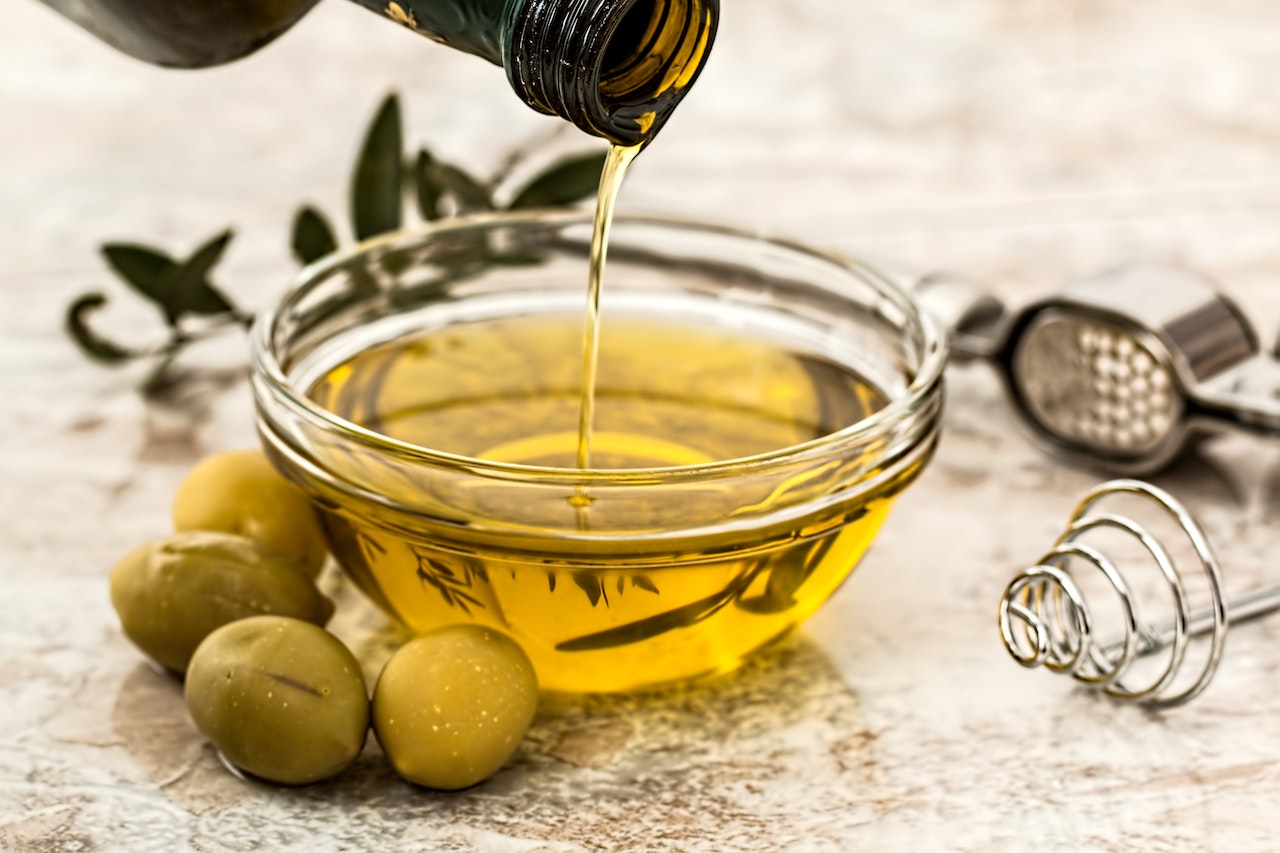From the beating of your heart to the buzzing of your brain to the building of bulging muscles, omega-3 plays a starring role in functions throughout your body. But despite the importance of this celebrity nutrient, more than two-thirds of adults aren’t getting enough. So just what can omega-3 do for you? And how do you make sure you don’t miss out? We dove into the science and endured the fish burps to get you some straight answers (hint: if dewy skin is on your agenda, you’re going to want to keep reading).
What exactly is omega-3?
Omega-3 is a type of healthy fat known as an unsaturated fat. It’s also an essential nutrient, meaning you can only get it through diet—mainly seed oils and fatty fish—because your body can’t make it from scratch. There are several kinds of omega-3, but only three that come with health benefits: DHA, EPA and ALA. These three omega amigos work hand-in-hand to help your body in five key ways:
1) Heart Health
Omega-3’s are a staple of a heart-healthy diet. And for good reason. Diets high in fish—a rich source of omega-3—have been linked to a lower risk of heart disease, the number one cause of death in the United States. Researchers believe this comes from the role omega-3 plays in increasing good cholesterol and decreasing artery-clogging fats called triglycerides. In other words, it seems to balance your body chemistry in a way that helps keep your blood vessels clear. Got your heart set on adding more seafood to your diet? Skip the fried stuff and opt for heart-friendly broiled, grilled or baked preparations.
2) Brain power
Nothing says healthy breakfast like eggs and… a tuna sandwich? Hear us out. Omega-3 is excellent brain fuel. It’s found throughout your brain cells, and low levels in the blood have been linked to challenges with learning and memory. Omega-3 intake may even influence the structure of your brain. Diets high in fish have been linked to higher levels of gray matter—the part of the brain that is involved with executive function. While scarfing down seafood isn’t necessarily going to make you smarter, getting enough omega-3 in your diet can help keep your brain in tip top shape.
3) Smoother skin
Is omega-3 the secret to glowing skin? It just might be. Omega-3 boasts photoprotective properties, meaning it might help protect your skin against sun damage. Since repeated sun exposure can breakdown collagen and lead to premature wrinkles and fine lines, any amount of sun protection is a huge win when it comes to maintaining a youthful glow. What’s more? Omega-3 can influence your skin’s hydration and support your skin barrier, making it one of the most beautifying nutrients that you can put on your plate (or in your face mask).
4) Muscle recovery
If you’re a regular gym rat or a trail junky you know how important it is to recovery from a workout. Omega-3 plays a role in your body’s ability to recover after a workout. During exercise, your muscles get tiny microscopic tears that need to be repaired later. The continual breakdown and repair of your muscle tissue is what leads to muscle growth. Although the jury is still out, omega-3 may help your muscles recover faster and even reduce normal muscle soreness after exercise. Keep your training on track by eating seafood 2x per week.
5) Prenatal health
Omega-3, specifically DHA, is key for a developing brain. The need starts during pregnancy and continues throughout your little one’s childhood. It’s so important, in fact, that women’s bodies have developed a special way to make sure a developing fetus is getting enough. Under normal circumstances, our bodies can make small amounts of DHA from another type of omega-3 fatty acid called ALA. During pregnancy, this process becomes even more efficient, giving the baby an extra boost. So, while it’s critical to eat sources of DHA throughout pregnancy, your body has an amazing way to fill in some gaps.
How do you get omega-3 from your diet?
So how can you cash in on the perks of this essential nutrient? Cook with seed oils like flax or olive oil for a good source of ALA. To cover your DHA and EPA needs, try eating seafood (think: oily fish like cod, tuna and haddock) at least two times per week. If seafood isn’t your thing- a supplement like krill, fish or algal oil might help fill the gaps.
Check out next: Digestion 101: everything you need to know from a nutritionist
About Allie
Allie has a master’s in nutrition science from Framingham State University. She has worked as a Health Educator and Personal Trainer, and has a passion for helping people lead happier, healthier lives.
Do you have questions about supplements? Reach out to one of our experts, or take Persona’s free nutrition assessment, and learn exactly what you need to take your wellness to the next level.
*These statements have not been evaluated by the Food and Drug Administration. This product is not intended to diagnose, treat, cure, or prevent any disease.
This information is not intended as a substitute for the advice provided by your physician or other healthcare professional, or any information contained on or in any product label or packaging. Do not use the information from this article for diagnosing or treating a health problem or disease, or prescribing medication or other treatment. Always speak with your physician or other healthcare professional before taking any medication or nutritional, herbal, or homeopathic supplement, or using any treatment for a health problem. If you have or suspect that you have a medical problem, contact your health care provider promptly. Do not disregard professional medical advice or delay in seeking professional advice because of something you have read in this article.

